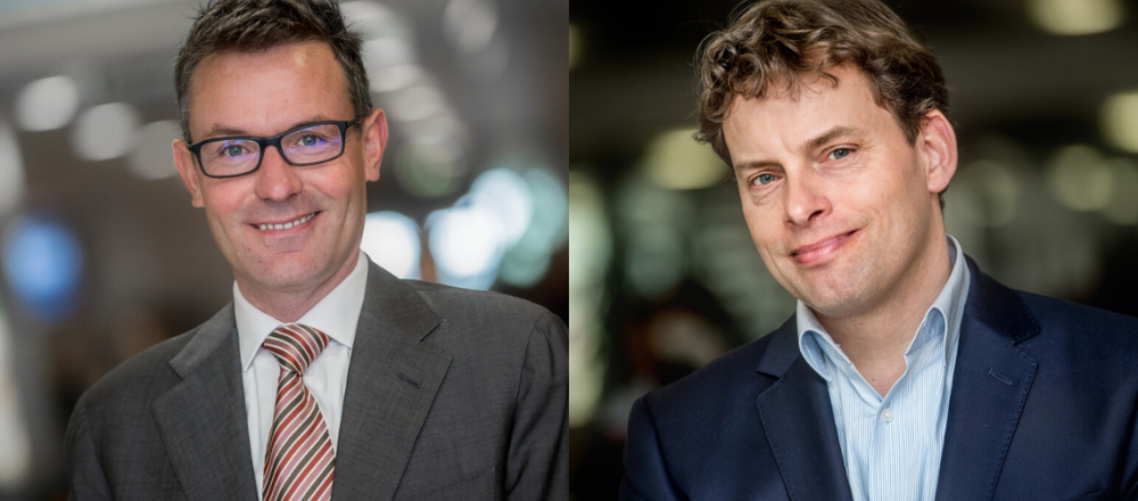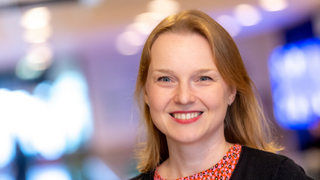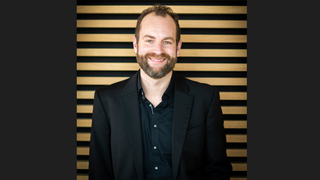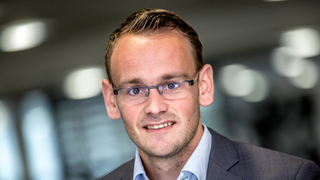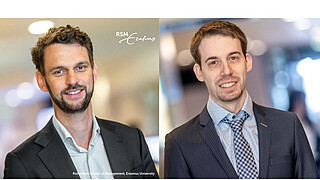One of the projects aims to accelerate the adoption of circular interventions in hospitals and thereby lower the ecological footprint of healthcare. The other project will develop the generic functionality and preconditions for online platforms for arranging and booking freight services from multiple providers and apply them to intermodal transport networks.
Strategies to create circular hospitals
Professor Erik van Raaij will receive funding for a PhD student, research assistant, and research leave for himself as part of the project Evidence-based Strategies to create Circular Hospitals: Applying the 10-Rs framework to healthcare (ESCH-R).
The healthcare sector accounts for seven per cent of the CO2 footprint of the Netherlands. In response, the Dutch government has called for more environmentally sustainable healthcare. The project ESCH-R addresses this challenge with its mission to accelerate the adoption of circular interventions in hospitals and thereby lower the ecological footprint of healthcare. The consortium’s research question is: How can hospitals move away from single use medical consumables to make the transition towards circularity? Together with societal partners, our interdisciplinary team will develop circular, safe and scalable strategies. In the long-run, the ESCH-R project will contribute to a sustainable and resilient health system.
The project will be co-ordinated by Erasmus MC and the consortium will receive a total of € 5.3 million.
Waste-free and effective freight transport systems
Professor Rob Zuidwijk will receive funding for a PhD student as part of the project “It's a cargo match!...” Attaining waste-free and effective freight transport systems by seamlessly matching demand and supply with inclusive, smart, and green-oriented booking platforms.
Social support for the external effects and expansion of transport systems is declining. The current approach to improving transportation, the market structure, and chain governance does not lead to optimal use of the available capacity. The platform economy offers opportunities to co-ordinate supply and demand in transport networks better, but it also carries risks if a platform provider itself becomes too dominant. In this project, the consortium aims to develop the generic functionality and preconditions for online platforms for arranging and booking services from multiple providers and apply them to intermodal transport networks.
The project will be co-ordinated by Delft University of Technology and the consortium will receive a total of € 4.9 million.
The Dutch Research Council NWO encourages quality, collaboration and innovation in the sciences, invests in large research facilities, and funds more than 7,200 research projects at universities and knowledge institutions. Annually, it invests almost 1 billion euros in curiosity-driven research, research related to societal challenges and research infrastructure. www.nwo.nl
